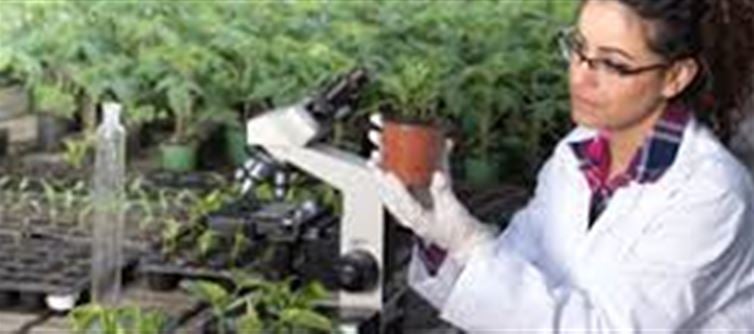
Many students wonder if a background in arts can lead to a career in agriculture and agricultural sciences. While it may seem unconventional, with the right guidance, qualifications, and preparation, arts students can also enter this field. Here’s a roadmap with expert tips.
1. Understand the Role of an Agricultural Scientist
- Agricultural scientists research and develop methods to improve crop yield, soil health, pest control, and farming technologies.
- They work in research institutions, government organizations, private agritech companies, and universities.
- Core skills include biology, environmental science, data analysis, and research methodology.
2. Educational Qualifications Needed
- Traditionally, a science background (Botany, Zoology, Agriculture, or Biotechnology) is preferred.
- Arts students can pursue foundation courses or bridge programs in agriculture or biological sciences.
- Undergraduate courses in B.Sc. Agriculture, Horticulture, or Forestry are usually required before pursuing a master’s or research roles.
3. Entrance Exams and Competitive Tests
- Key exams include:
- ICAR AIEEA (All india Entrance Exam for Agriculture) for undergraduate and postgraduate admissions
- State-level agricultural university entrance exams
- NET or JRF exams for research positions after postgraduation
- Arts students must prepare in science subjects to meet eligibility criteria for these exams.
4. Skill Development for Arts Students
- Take short-term courses in biology, agronomy, soil science, or environmental science.
- Develop analytical and research skills through internships in agricultural labs or farms.
- Learn basic statistics and computer applications for research and data analysis.
5. Alternative Paths in Agriculture for Arts Graduates
- Agribusiness management: Focuses on marketing, economics, and management in agriculture.
- Agri-communication and journalism: Writing, media, and reporting on agricultural innovations.
- Policy and rural development: Work with NGOs and government schemes to improve farming communities.
Takeaway: Arts students can enter the field of agriculture with strategic planning, additional coursework, and targeted preparation. Whether your goal is research, policy, or agribusiness, focusing on science foundation, skill-building, and exam readiness can make a successful agricultural career achievable.
Disclaimer:
The views and opinions expressed in this article are those of the author and do not necessarily reflect the official policy or position of any agency, organization, employer, or company. All information provided is for general informational purposes only. While every effort has been made to ensure accuracy, we make no representations or warranties of any kind, express or implied, about the completeness, reliability, or suitability of the information contained herein. Readers are advised to verify facts and seek professional advice where necessary. Any reliance placed on such information is strictly at the reader’s own risk.
.jpg)




 click and follow Indiaherald WhatsApp channel
click and follow Indiaherald WhatsApp channel